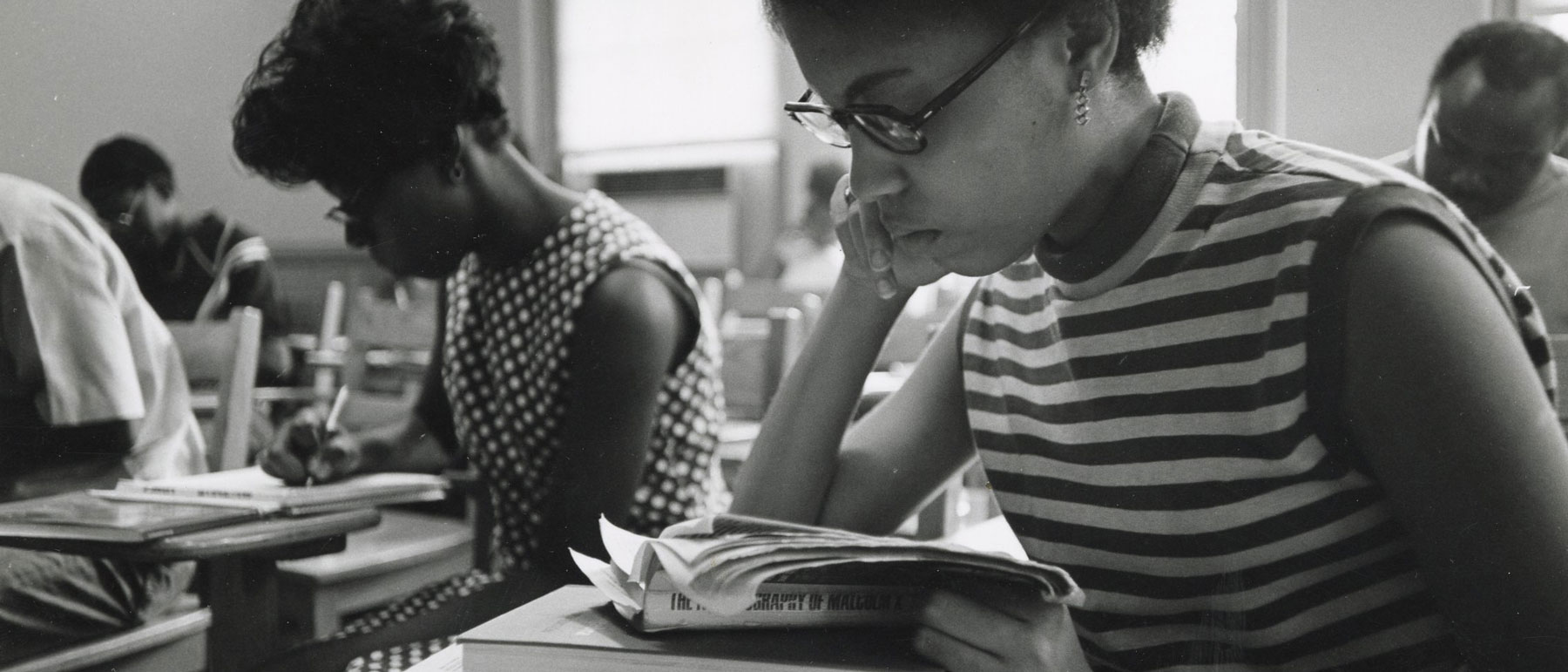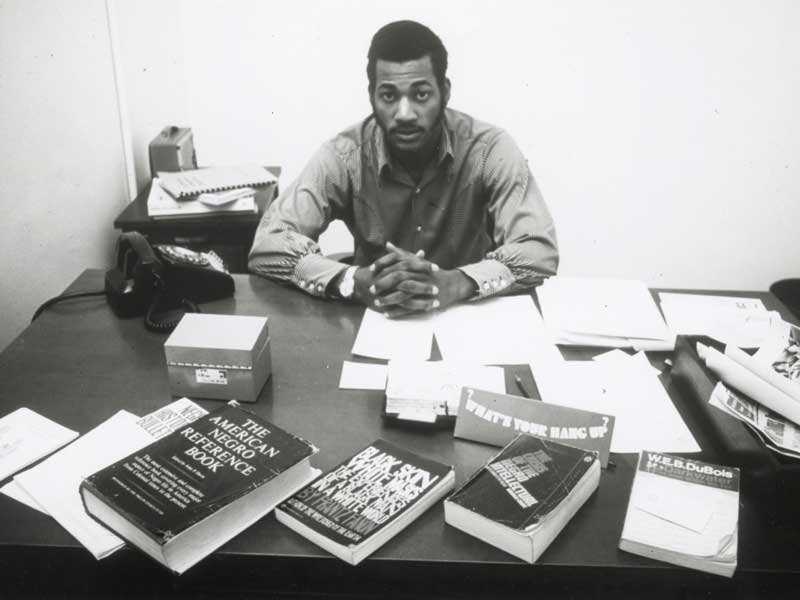
1960s
The Civil Rights Movement of the 1960s reawakened African Americans’ pride in their race, history and culture. In the wake of Dr. Martin Luther King, Jr.’s death, white and Black university students demanded programs to address the political and social climate in America. Across the nation, the Black Power movement was gaining momentum, and students at San Francisco State and other universities called for a resolution to the problem of racism in the academy.
In 1967, an interracial group of approximately 20 students at the Richmond Professional Institute held a series of meetings to address race relations and to develop an African American studies program. These were the beginnings of the Department of African American Studies that exists today at VCU.

These students created the African American Studies Committee, a forward-looking group that included administrators and faculty who were committed to changing the way that higher education perceives and studies African Americans. Within the year, the Richmond Professional Institute became Virginia Commonwealth University through a merger with the Medical College of Virginia.
Also that year, students organized a protest rally at Shafer Court against those whom they perceived were against a reevaluation of African American issues at the university. This was the first of many successful demonstrations of support for ethnic studies at the university level.
The African American Studies Committee successfully created two for-credit courses in African American studies at VCU in 1969. African American studies appeared in the VCU Bulletin under interdisciplinary courses.